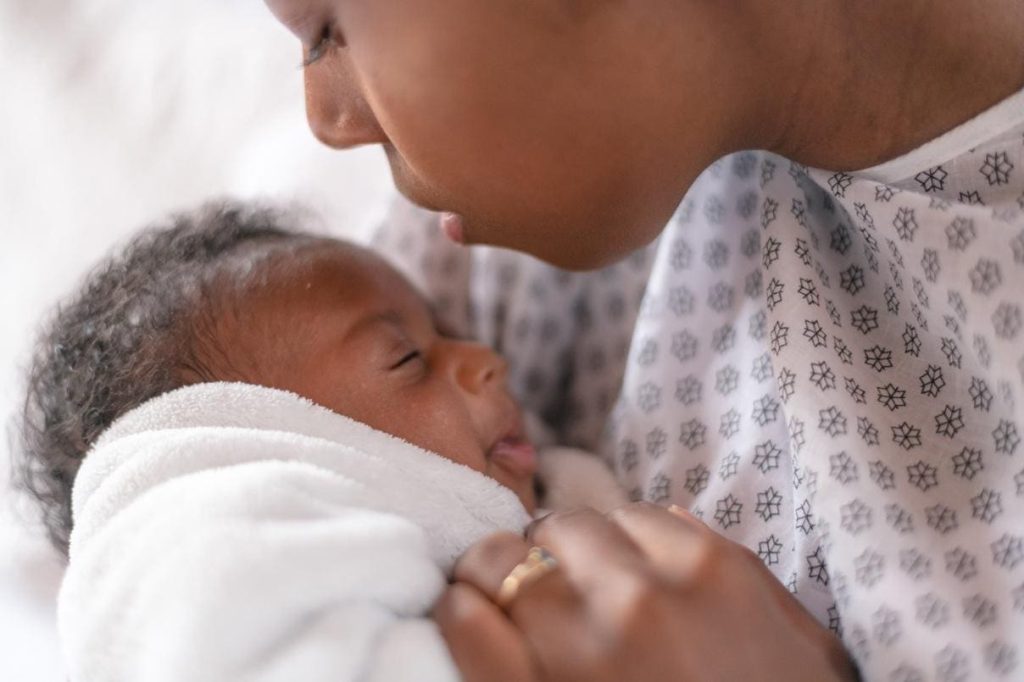Black British women are almost four times more likely to die during or after pregnancy than white women, official figures show.
Asian women are also nearly twice as likely to die during pregnancy or in the first year after being pregnant, an audit of maternal outcomes has revealed.
The bi-annual MBRRACE-UK audit, which tracks maternal outcomes among women across the country, shows overall mortality rates have risen by 15% over the last fourteen years.
Deprivation was also linked to maternal mortality, with women living in the poorest parts of the country twice as likely to die as those living in the richest.
British women have long experienced unequal maternal outcomes, with lawmakers earlier this year accusing the government of overlooking the role of racism in healthcare.
The MBRRACE authors said this latest batch of data—which covers 2019 to 2021—“should be taken as a warning signal concerning the state of maternity services and the consequences of increasing inequalities and social complexities.”
Growing levels of inequality, the report authors warned, could lead to even worse results in future. An existing target to halve maternal mortality in England between 2010 and 2025, they said, was “unlikely” to be met.
Although the results cover the period of the Covid-19 pandemic, they do not reflect the impact of the inflation that followed.
Britain’s “cost of living crisis” is likely to have further deepened certain health inequalities in the U.K, experts say.
CEO for maternity charity the National Childbirth Trust Angela McConville called the lack of progress on mortality “incredibly disheartening” in a statement.
“Women living in the most deprived areas remain more likely to die and we know the cost-of-living crisis is exacerbating inequalities and widening the gap for those in priority need of care,” she said.
The report, she added: “It reminds us again that there cannot be progress without addressing the persistent disparities in outcomes for women from diverse ethnic backgrounds and those facing multiple disadvantages.”
Miriam Deakin, director of policy and strategy at hospital industry body NHS Providers said the “worsening health and race inequalities within maternity servics” were “unacceptable.”
Much more needed to be done, she added, to make sure “all mothers recieve the same level of care and support during pregnance and childbirth.”
In the weeks and months following pregnancy, the report showed that suicide was the most common cause of death. Postnatal care, McConville said, was “dangerously fragmented and underfunded” and in need of an “overhaul” to support women in need.
Deakin suggested that a “holistic approach” to maternal mental health could help prevent suicied. Hospitals, she said, should collaborate with local community, charity and other health providers to “improve access and experiences of personalised care, especially in deprived areas.”
Laura Seebohm, CEO of the Maternal Mental Health Alliance, said that suicide was tragically “now a theme” in enquiries like MBRRACE.
“This year’s report underscores a dire need for action,” she said. “Pregnancy and the postnatal period should be a time when women can access care and support for their mental health needs, as much as their physical health. We must make sure every interaction with a healthcare professional counts.”
She called on leaders to create an action plan with recommendations to make sure “all women can access life-saving mental health support.”
Read the full article here










